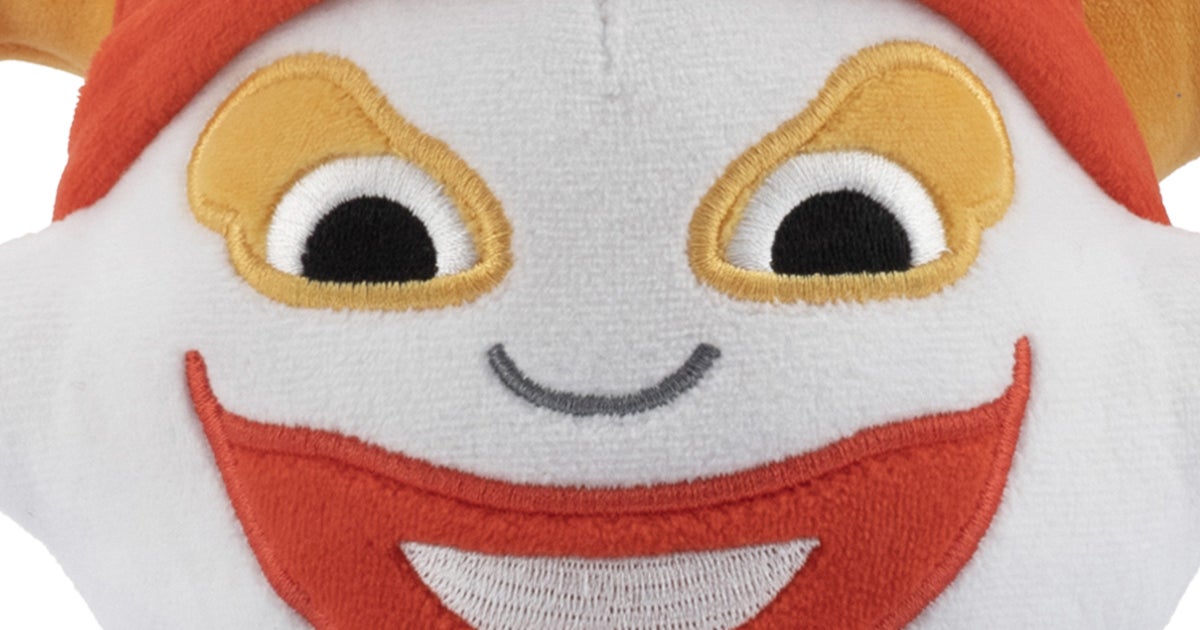Balatro, the indie roguelike inspired by poker, has generated almost $4.4m on mobile alone since its release in September.
That’s according to data from AppMagic (thanks PocketGamer.biz), which reveals the mobile game made a million dollars in its first week across the App Store and Google Play.
Balatro was first released in February on PC and console, but its popularity has surged following its release on mobile platforms.
What’s particularly interesting is its release as a premium game for an upfront £9.99, unlike so many free-to-play (with microtransactions) games on mobile.
Balatro is also part of Apple Arcade, meaning even more players have played the game through Apple’s subscription, though it’s unclear how much money its inclusion here has generated.
On launch day, Balatro made $162k and then peaked at $200k a week after launch on 29th September, resulting in that million dollar first week.
Since then sales have declined but its inclusion as a Game of the Year nominee (among others) at this year’s The Game Awards has caused a resurgence in sales in the last couple of weeks. This resulted in the game’s second highest earning week to date, generating $727k.
Developer Localthunk confirmed on reddit ahead of Balatro’s mobile release it would not have microtransactions or “predatory monetisation”.
The developer also spoke out, back in March, about the game’s rating drama after it was pulled from sale in some countries due to a “mistaken belief that the game ‘contains prominent gambling imagery and materials that instructs about gambling'”. Said Localthunk: “I still believe that the rating is unwarranted, but there is some grey area for interpretation from PEGI and at this point it is what it is.”
function appendFacebookPixels() { if (window.facebookPixelsDone) return; !function(f,b,e,v,n,t,s) {if(f.fbq)return;n=f.fbq=function(){n.callMethod? n.callMethod.apply(n,arguments):n.queue.push(arguments)}; if(!f._fbq)f._fbq=n;n.push=n;n.loaded=!0;n.version='2.0'; n.queue=[];t=b.createElement(e);t.async=!0; t.src=v;s=b.getElementsByTagName(e)[0]; s.parentNode.insertBefore(t,s)}(window, document,'script', 'https://connect.facebook.net/en_US/fbevents.js');
fbq('init', '560747571485047');
fbq('track', 'PageView'); window.facebookPixelsDone = true;
window.dispatchEvent(new Event('BrockmanFacebookPixelsEnabled')); }
window.addEventListener('BrockmanTargetingCookiesAllowed', appendFacebookPixels);
Source link










Leave a Reply